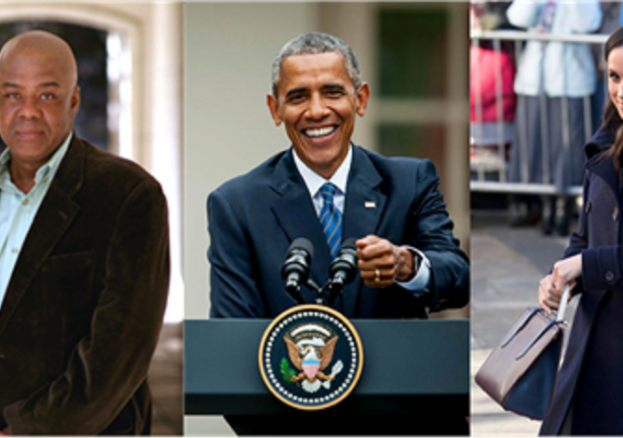
Black Responsibility and Individual Rights: A Delicate Balance
Eddie Chambers, academic and one of the original four artists in the BLK Art Group, has dedicated considerable time to understanding the realities of the black art world in Britain. He advances the opinion that much of what is recognised as great artistry among black British talent is inextricably linked in the mind of whoever is viewing it to the history of Afro-Caribbean people in the United Kingdom.
Chambers further asserts that to break away from the systemic categorisation of artists as Black when interpreting their work, academic art establishments must adopt active pluralisation policies. A strong case can be made for pluralisation, in and beyond the art world, but it’s also true that everything we experience, including racially based interactions, shapes who we become and, in the case of artists, the work that we produce. How do we recognise black individuals without directly linking everything they do to the realities they have always lived with? Indeed, if we accept that everyone is always a product of how they grew up, how far should we actually do that?
The Impact the Being Black Has on Identity
Meghan Markle is about to marry the fifth in line to the British throne, a development many people regard as a step forward in pluralising our society and removing race as an issue. Some people have even called it “Britain’s Obama Moment”, but what does this actually mean? What was the “moment” for Obama in America? Will he always be remembered primarily as the first non-white President of the United States, before his actual administrative achievements are mentioned?
Markle herself, born to a white father and a black mother, has written very eloquently on constructing her own identity in a world that didn’t have a ready one to give her. This has been a beautiful experience of finding her own voice, and she is without a doubt her own person today. A lot of what informed that process, however, was race.
What Future Are We Working For?
Markle may say now that she doesn’t want her ethnicity to be highlighted, but part of the reason that the work she did on Suits meant so much to her is that it was a way of advancing mixed-race individuals and bringing their existence to the attention of people who generally ignore it. Whatever the reaction of an audience member was, a conversation was started. Whether we want to live in a world where race is an issue or not, the fact is that we do.
For a future where discussions of race are not so frequent, it seems that we need a present where they are indeed a primary focus. Like the ugly truths around sexual harassment, the dirty reality needs to be aired before we can move away from it. However, it is also true that there are parts of their Afro-Caribbean culture that almost all black Britons, artists or not, would like to hold and protect.
The dream of work or behaviour not being judged according to our race as a first port of call, but our heritage still being understood and acknowledged, may still be a way away. With the increasing awareness and discussions around these issues, however, we are closer than we’ve been before.
